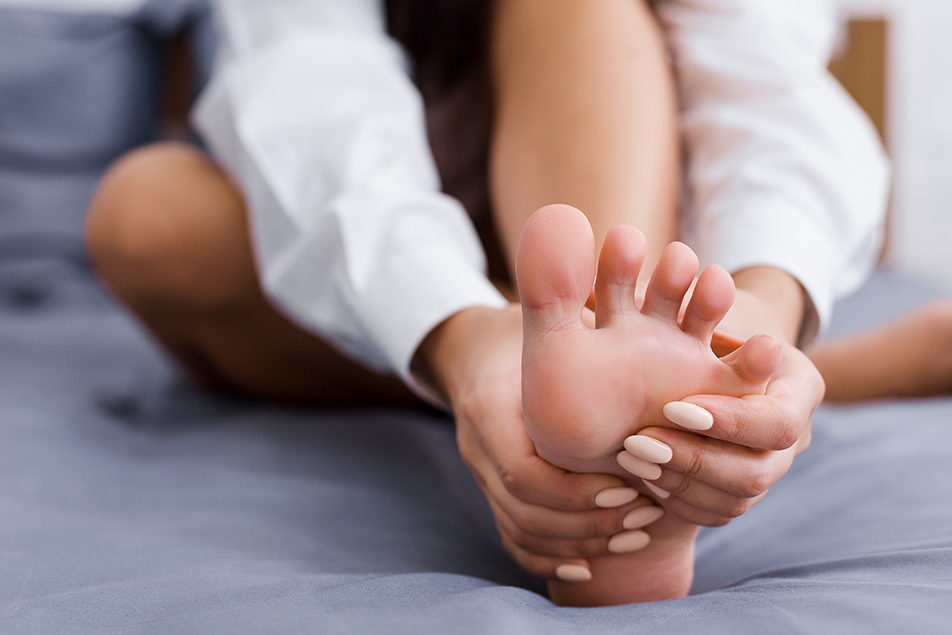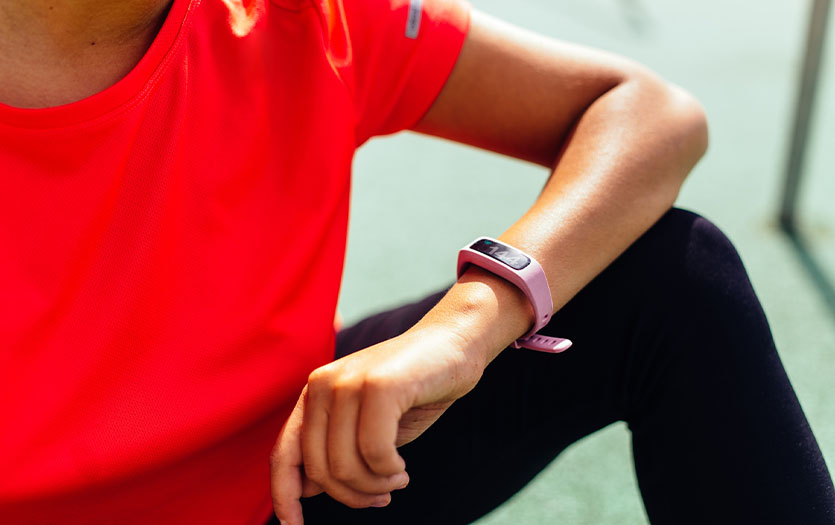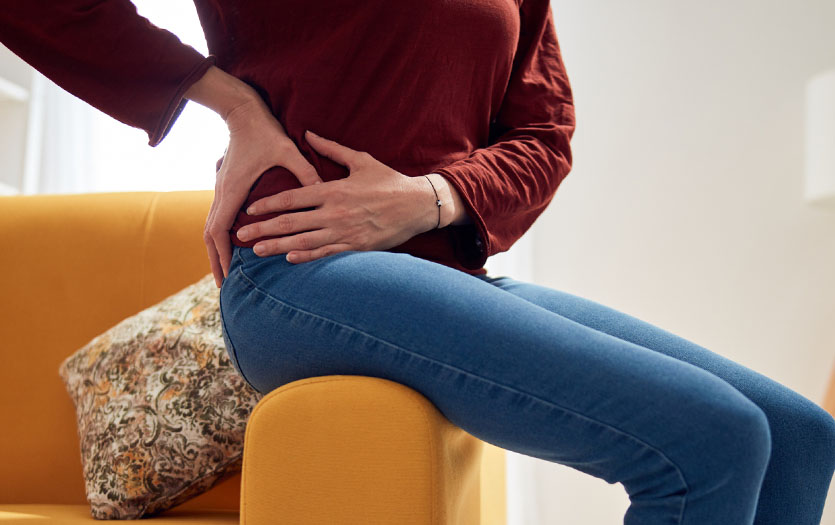
This post was written by Ashley M. Bojrab, DPM, FACFAS, ABPM, PPG – Podiatry.
A lot of people experience uncomfortable cramping in their feet during exercise or sleep. This occurs when the muscles contract involuntarily and can't relax, which causes pain. When cramping occurs in the feet, it can range from just a nuisance to debilitating discomfort.
Triggers
Foot cramps can develop during activity or while you’re at rest. Other factors include improper footwear, dehydration, muscle fatigue, medications, an electrolyte imbalance and/or a circulation disorder .
Treatment
These intense spasms where muscles tense and even twitch can last a few seconds, minutes or longer.However, they’re usually harmless and can be treated with simple remedies. To help get rid of these sudden pains, first try to stretch out the muscle. If you are laying down or sitting, try standing and walking on your feet to help ease the tension. Deep tissue massage can also help. In some cases, ice or a warm towel or heat can help ease the pain.
Prevention
To prevent these bothersome spasms, stay hydrated. Drinking plenty of water during the day can help prevent cramps. The body is fueled by water and it’s important to stay hydrated, especially when you’re active and during hot weather.
In addition to hydration, it’s important to have balanced electrolytes. A deficiency in electrolytes such as potassium, magnesium and calcium could lead to an increase in cramping. TBananas are a good source of these electrolytes if you need to add more to your diet.
Another way to help keep the spasm away is stretching to warm up your muscles before and after activity. Stretching before bed can help the muscles from cramping at night as well.
Certain medications can cause muscle cramps. Even if you cannot switch a medication to avoid this side effect, you can better prepare for the discomfort. Also, be mindful of your footwear. If you notice your feet only cramp with a certain pair of shoes, then I recommend changing to proper footwear.
If cramping continues and you are unable to achieve relief through the aforementioned remedies, it’s important to see a podiatrist so they can assess your symptoms and check for circulation problems.



